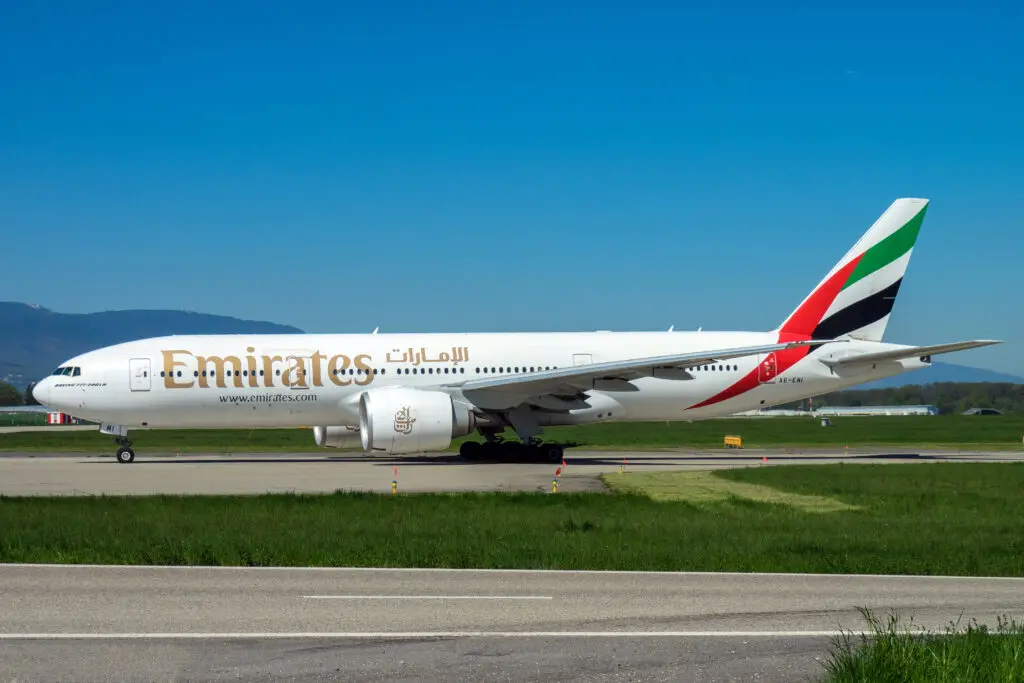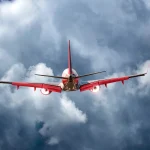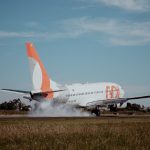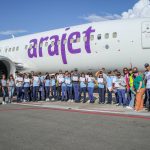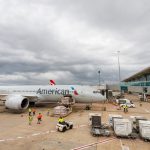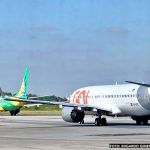Emirates conducted its first demonstration flight using 100% sustainable aviation fuel (SAF). The flight took off from Dubai International Airport and flew for more than an hour over the coast. Currently, the use of sustainable fuels is allowed only in blends of up to 50% with conventional fuel.
Onboard the aircraft were Adel Al Redha, COO, and Commander Hassan Hammadi, Emirates’ senior vice president of flight operations. The flight was the first of its kind in the Middle East and is a further step in efforts to reduce CO2 emissions. They will also help refine the procedures manual for future demonstrations.
After multiple laboratory tests and rigorous trials with its suppliers, the SAF used almost perfectly emulates the qualities of traditional fuel. The blend consisted of 18 tons, composed of HEFA-SPK supplied by Neste (hydro-processed esters and fatty acids and synthetic paraffinic kerosene) and Virent’s HDO-SAK (hydro deoxygenated synthetic aromatic kerosene). SAF fueled one of the GE90 engines of the 777-300ER used for the test, while conventional gas fed the other.
Related content: Emirates prepares for its first flight using SAF
Al Redha stated that «this flight is a milestone for Emirates and a positive step for our industry. We must collectively work to address one of our biggest challenges, which is to reduce our carbon footprint. We hope that successive demonstration flights will help expand the SAF supply chain and make it more available and accessible across geographies.»
Jonathan Wood, Neste’s vice president of renewable aviation for the Middle East, also indicated that «sustainable fuel plays a crucial role in reducing flight emissions, but to fully exploit its potential we need to enable its 100% use. Test flights like this are an important step towards certification.»
Dave Kettner, president, and CEO of Virent added, «Virent’s technology converts plant-based sugars into the compounds that make 100% sustainable jet fuel possible, without the need to blend it with traditional jet fuel. With initiatives like these, we are demonstrating that we can drive sustainable aviation without changing current engines or the infrastructure that serves the industry.»
Emirates is committed to initiatives that help minimize its CO2 emissions and has been implementing fuel efficiency and conservation programs. The airline has a program in place that actively researches and implements ways to reduce unnecessary fuel consumption and emissions wherever operationally feasible. Some of the program’s most significant initiatives include flexible route operation and working with air navigation service providers to create the most efficient flight plan for each operation.

